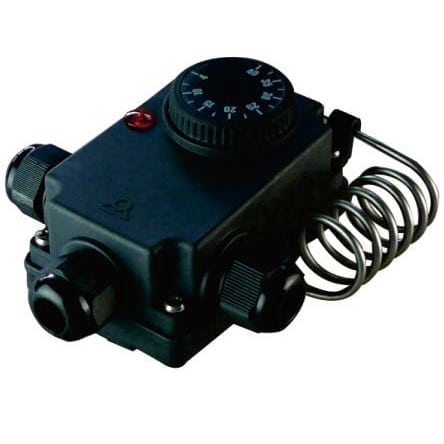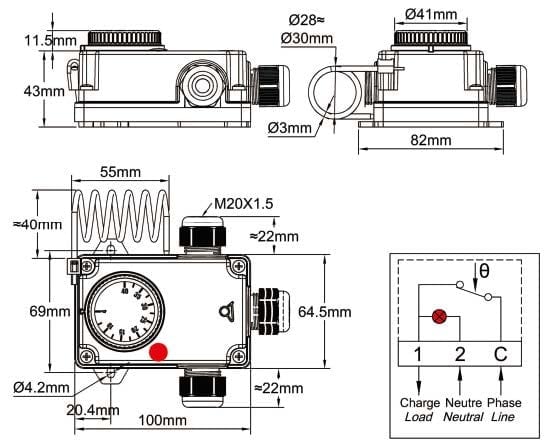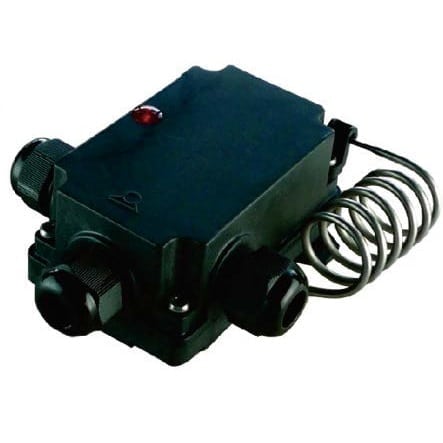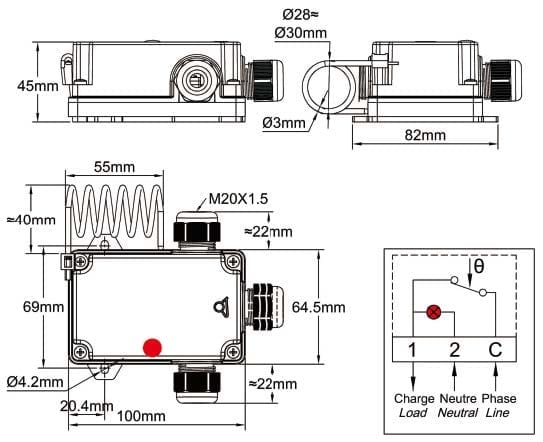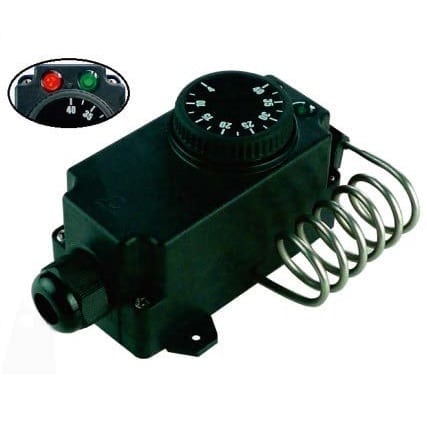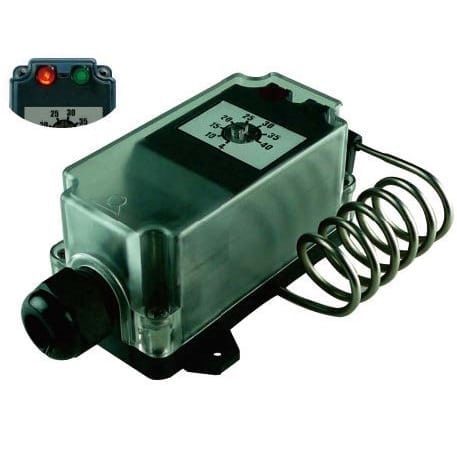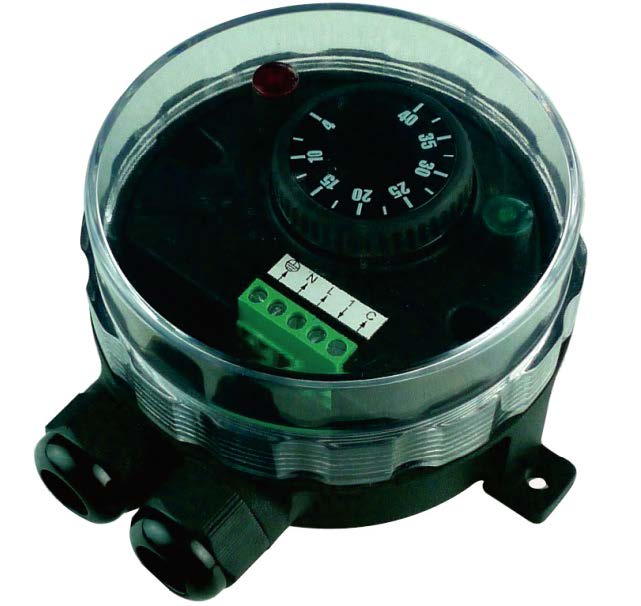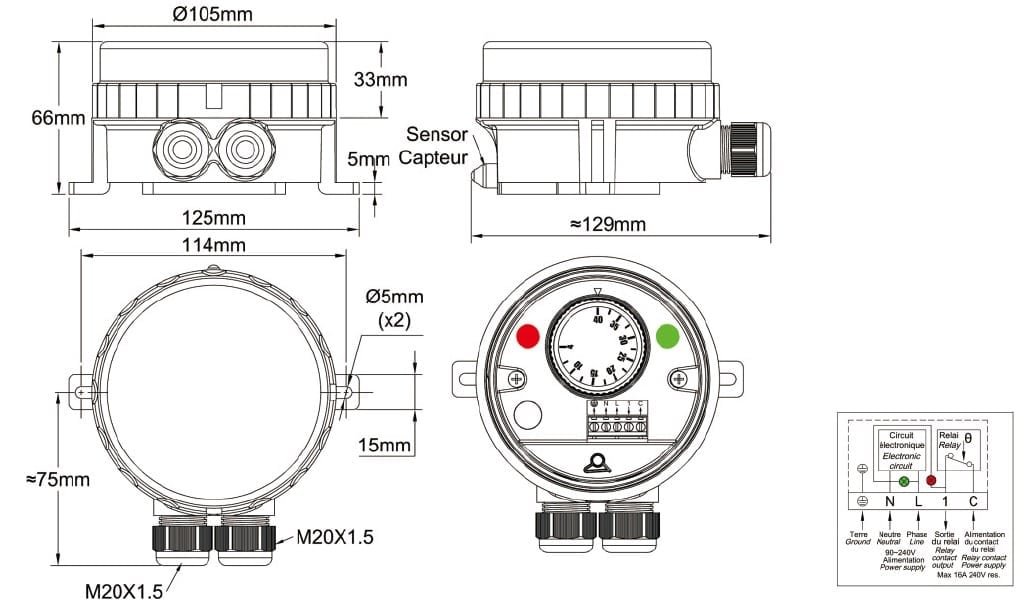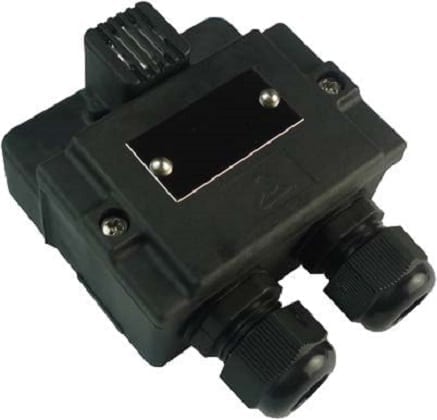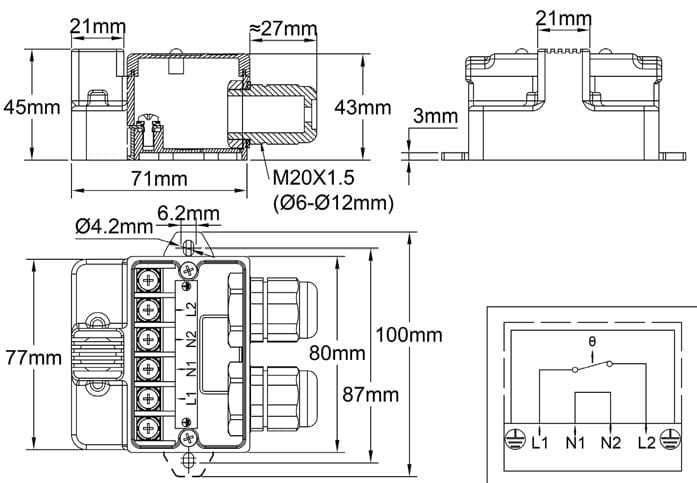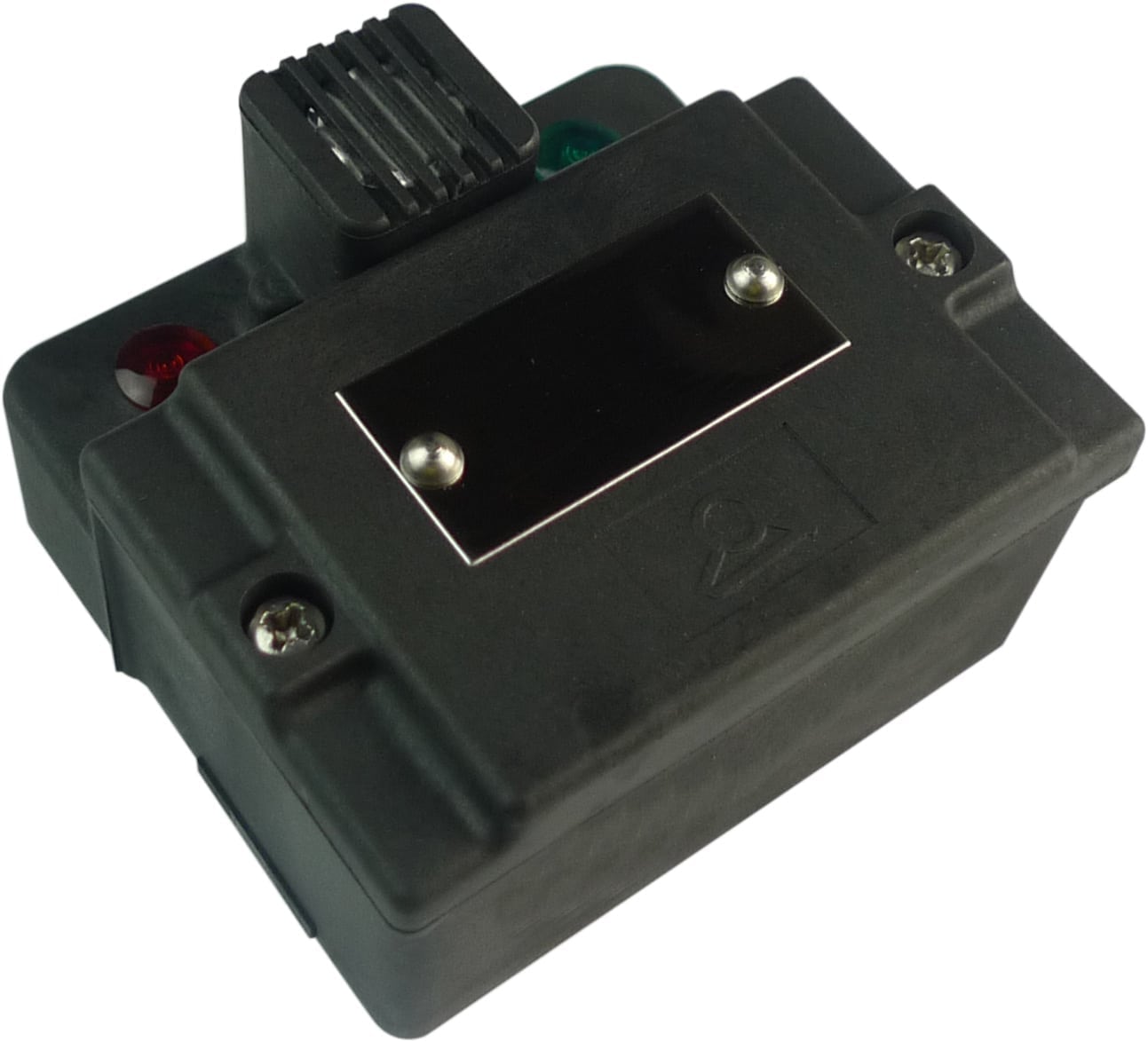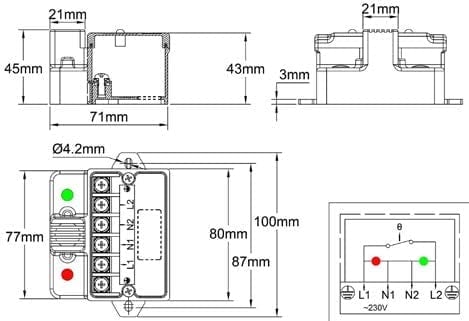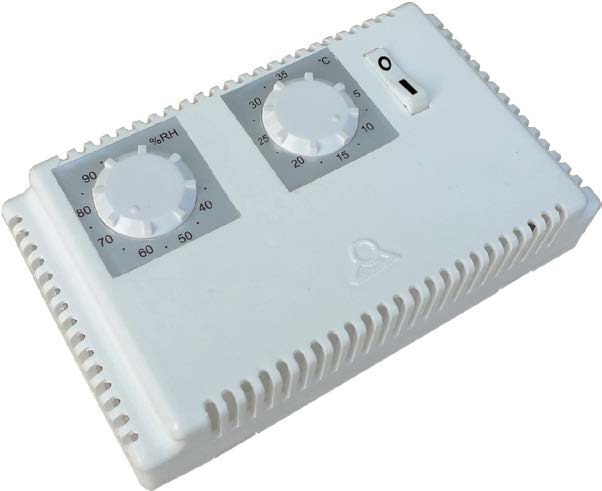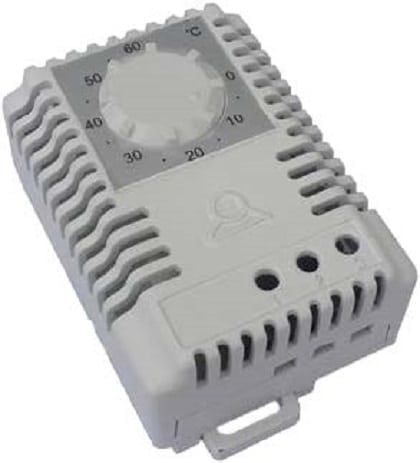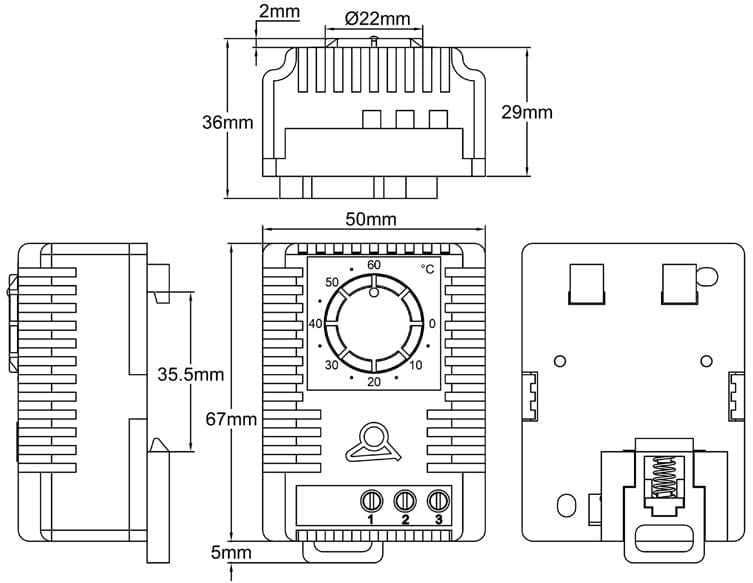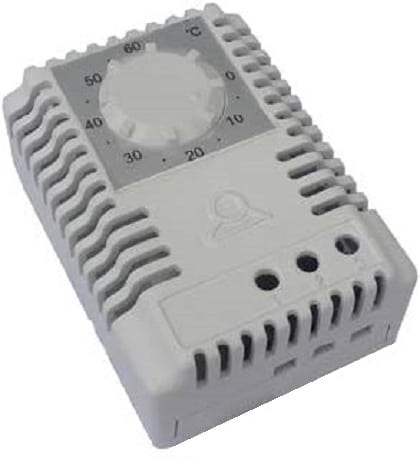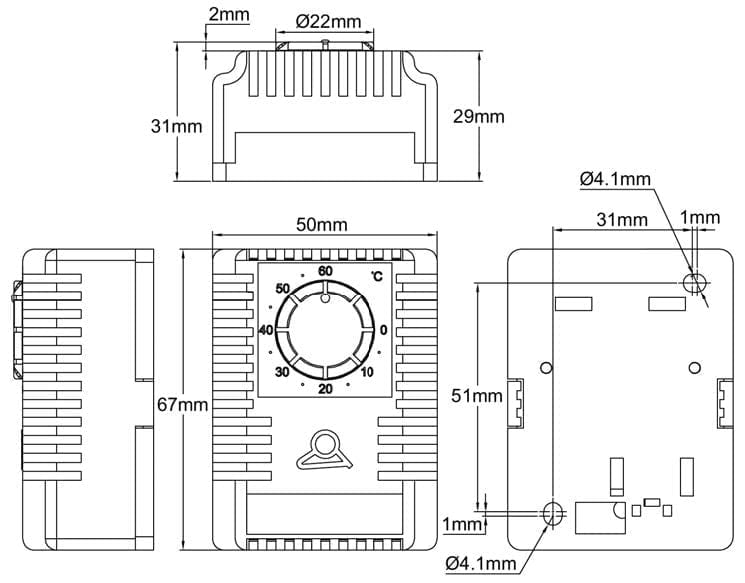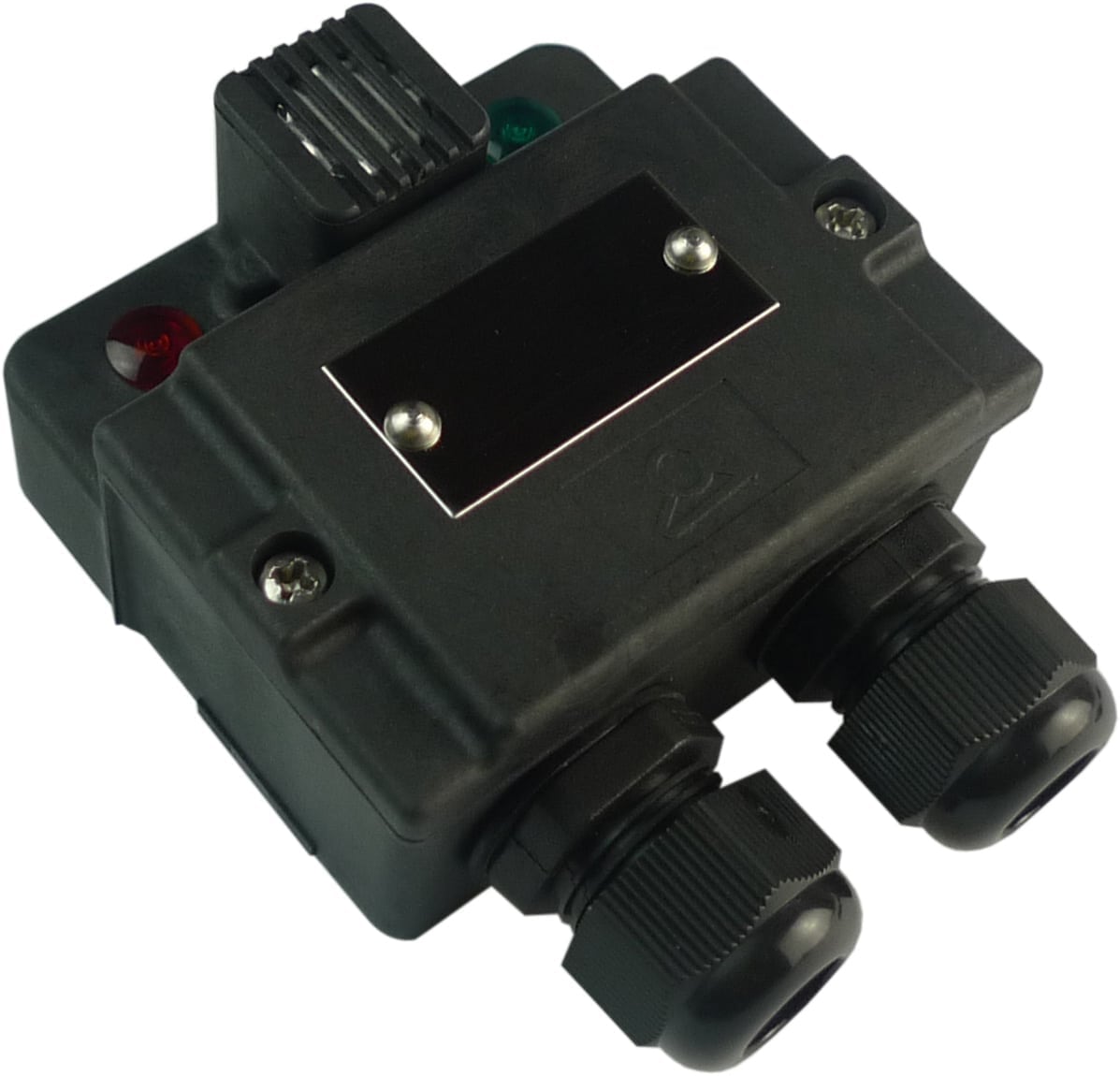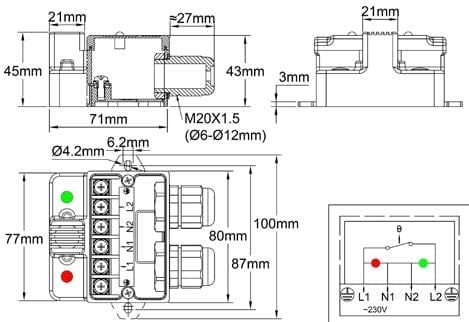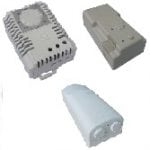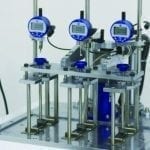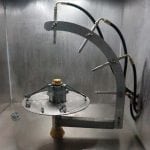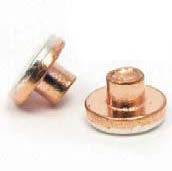Pigtail bulb room thermostat IP55
Ambient temperature control in professional premises where good protection against liquid splashes or dust is requested. Output with 2 or 3 cable glands, allowing direct connection of heat tracing cables for freeze protection.
| Housing raw material | |
|---|---|
| Color | |
| Ingress protection | |
| Contact style | |
| Contact Material | |
| Electrical rating | |
| Voltage | |
| Electrical life (cycles at rated value) | |
| Measurement type | |
| Sensing element | |
| Temperature adjustment range (°C) | |
| Differential (°C) | |
| Setting adjustment |
| Enclosure | Type | Operation | Contact | Measurement | Ranges °C | Models |
| IP55 | Control | Mechanical | SPNC | Ambient | 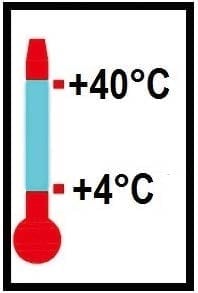 |
Y0D8
& Y0D9 |
|
Material |
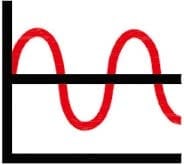 |
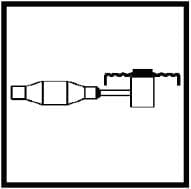 |
 |
 |
||
|
PC-ABS |
Applications
Ambient temperature control in professional premises where good protection against liquid splashes or dust is requested. Output with 2 or 3 cable glands, allowing direct connection of heat tracing cables for freeze protection.
Housing: Reduced height, IP44, black PC-ABS fiberglass reinforced, UL94V0. High impact and UV resistance. 2 removable wall mounting lugs.
Cable input: M20 cable glands. Delivered with 2 or 3 cable glands. Special cable glands for oblong or flat heat tracing cables are available on request. Positioning the cable glands allows variations in the mounting position.
Set point adjustment: By °C printed knob for external adjustment models, by screw driver and printed dial on internal adjustment models. °F values available as an option.
Sensing element: Liquid filled “pigtail” bulb, mounted on the side of plastic housing
Adjustment ranges: 4-40°C (40-105°F).
Electrical connections: On screw terminals. (It is possible to connect 2 wires 1.5mm² on each terminal). One main terminal and 3 auxiliary terminals are available for neutral connection. This allows, for example, connecting two trace heaters.
Mounting: Wall mounting, by two side lugs with holes for dia. 4mm screws, 69 mm distance.
Contact: SPNC (open on temperature rise).
Pilot light: Neon, 230V, standard in red, parallel connection on the load
Electrical rating, resistive loads:
16A 250V, 50 ~60Hz: >100000 cycles,
20A 250V, 50 ~60Hz: ≥ 50000 cycles,
10A 400V, 50 ~60Hz: ≥ 50000 cycles.
Electrical rating, inductive loads: 6A 250V, 50 ~60Hz: >100000 cycles
Minimum storage temperature: -35°C (-30°F)
Maximum ambient temperature: 60°C (140°F)
For more technical information see 8G thermostat technical data sheet
Main references
with 3 cable glands*
| Temperature ranges °C (°F) | Internal adjustment | External adjustment | Differential | Max temperature on bulb |
| 4-40 (40-105) | Y0D9LD104040QB3J | Y0D8LD104040QB3J | 1±0.5°C (1,8±1°F) | 60°C (140°F) |
*2 cable gland version: replace LD by KD in the reference
Downloadable
Datasheets
Related products
Room and antifreeze temperature control boxes
Pigtail bulb room thermostat IP55 with 2 built-in pilot lights
Room and antifreeze temperature control boxes
Room and antifreeze temperature control boxes
Fixed setting ambiance or antifreeze thermostat, IP65 backside output, two pilot lights
Bimetal surface thermostats
Room and antifreeze temperature control boxes
Electrical cabinet ambient temperature thermostats, Din Rail mounting
Room and antifreeze temperature control boxes
Miniature room temperature thermostats wall mounting, home appliance style
Room and antifreeze temperature control boxes
Fixed setting ambiance or antifreeze thermostat, IP65 cable gland output, two pilot lights
Technical informations associated to this product
-
JPC Design concept of the Y0 types enclosures
The design of the Y0 enclosures was made to provide a starting range with a particular selection of low cost solutions. The plastic used is PC-ABC compound, with or without fiberglass reinforcement. -
Main properties of plastic raw materials used for enclosures
The classic housings, with only 5 sides and a lid, require a long and costly layout, most of the time ignoring the application needs: security, fire resistance, water penetration, shocks, UV, temperature, etc. -
Electrical protection classes
The housings are designed to protect electrical equipment located inside. This protection must be considered in the electrical and environmental angles.) -
Electrical contacts
As numerous mechanisms exist, we decided not to distinguish on the basis of constructive technique, but according to their operation speed, which is the key element.

